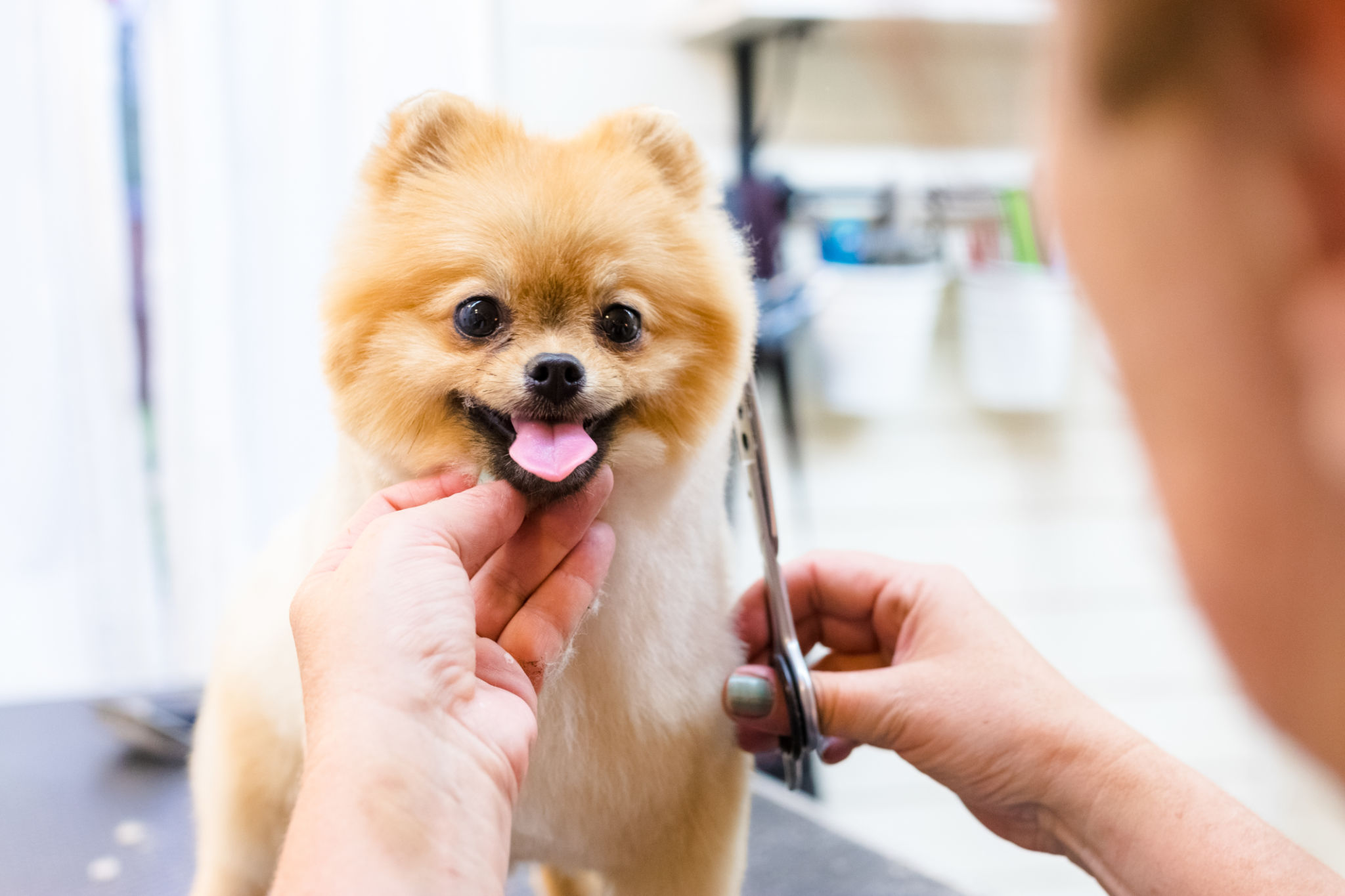Top 5 Myths About Small Dog Breeds Debunked
Understanding Small Dog Breeds
Small dog breeds are often misunderstood, leading to several myths that can influence a potential pet owner's decision. It's important to look beyond these misconceptions and understand the true nature of these pint-sized companions. Here, we debunk the top five myths associated with small dog breeds.

Myth 1: Small Dogs Are Always Yappy
One of the most common myths is that all small dogs are yappy and bark excessively. While some small breeds can be more vocal, this isn't a universal trait. Barking behavior largely depends on the individual dog's temperament and training. Breeds like the Cavalier King Charles Spaniel and the French Bulldog are known for being relatively quiet.
Proper training and socialization from a young age can help manage barking in any breed. It's crucial to understand that barking is often a form of communication that can indicate excitement, anxiety, or a need for attention.
Myth 2: Small Dogs Are High-Maintenance
Many believe that small dogs require more grooming and special care compared to their larger counterparts. While grooming needs vary by breed, small dogs don't inherently demand more maintenance. In fact, some small breeds are quite low-maintenance and require minimal grooming.
For example, the short coat of a Chihuahua or the smooth fur of a Boston Terrier requires less upkeep. Ultimately, grooming needs should be evaluated on a breed-by-breed basis rather than size alone.

Myth 3: Small Dogs Aren't Good With Children
A prevalent myth is that small dogs aren't suitable for families with children. The truth is, many small breeds are patient and affectionate, making them excellent companions for kids. Breeds like the Beagle and Pug are known for their friendly nature and ability to get along well with children.
However, it's important to teach children how to interact respectfully with pets to ensure harmonious relationships. Supervision during playtime and teaching children the importance of gentle handling can go a long way in fostering a positive environment.
Myth 4: Small Dogs Don't Need Much Exercise
Contrary to popular belief, small dogs often require just as much exercise as larger breeds. While their size might suggest they can get enough activity indoors, most small breeds benefit from daily walks and playtime.
- Chihuahuas enjoy short sprints.
- Pomeranians thrive on interactive play sessions.
- Miniature Schnauzers require regular walks.
Exercise not only keeps them physically fit but also provides mental stimulation, which is crucial for their well-being.

Myth 5: Small Dogs Have Limited Lifespans
There's a misconception that small dogs have shorter lifespans compared to larger breeds. In reality, small dog breeds typically enjoy longer lifespans. On average, small dogs like the Dachshund or Shih Tzu can live well into their teens.
The key to longevity lies in proper care, which includes regular veterinary check-ups, a balanced diet, and consistent exercise. By debunking this myth, potential pet owners can make informed decisions without unnecessary worry about lifespan.
In summary, understanding the true nature of small dog breeds helps dispel myths and highlights their suitability as loving companions. Whether you're drawn to their compact size or charming personalities, small dogs can bring joy and companionship into any home.